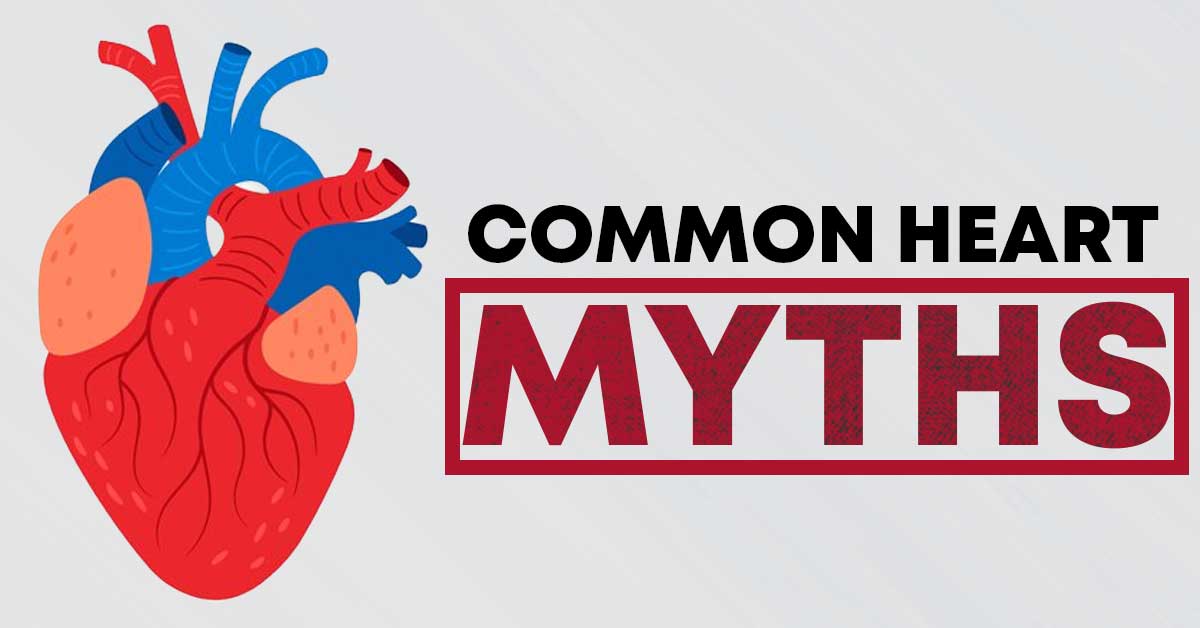Your heart plays a crucial role in your health – because of that, it gets a lot of attention. There is a fair amount of common myths and incorrect information that surround your heart health.
How many of these myths have you heard and assumed were true? Often times there may be some truth to these, but the truth may have been stretched to a degree.
Myth #1: You should avoid eating eggs.
Facts: Eggs are high in cholesterol, and as a result are often assumed to be a hazard to your health. There are actually plenty of benefits eggs can offer, but it’s crucial to remember to eat them in moderation.
Cholesterol always has been a red flag to watch for when maintaining great heart health. However, the Mayo Clinic states that your actual cholesterol levels are more influenced by the fats you eat than the cholesterol itself.
Only about 25% of our cholesterol comes from the foods we eat. It is not foods like eggs that are high in cholesterol that are often the real problem – instead, it is the “junk food” or other foods high in saturated fat that are the real issue. These foods raise cholesterol while not providing any of the benefits associated with food like eggs.
Myth #2: Having high blood pressure when you are older is not a reason for concern.
Facts: You or someone you know likely have experienced high blood pressure as they became older. While this is a trend for many Americans, it does not excuse high blood pressure as an issue to take lightly.
Your healthcare provider can help you monitor your blood pressure as you age to keep it in an acceptable range. For many patients even if they have eaten a primarily healthy diet their entire lives the walls of their arteries will still grow stiff over time. This increases how hard the heart needs to pump and puts your heart in a position to be overworked.
Myth #3: You can lower your heart disease risk by getting all of your vitamins from supplements.
Facts: Eating a well-rounded diet and ensuring you get all of your vitamins and nutrients can help keep your heart – and the rest of your body – working as it should. It is often emphasized that it is best to obtain vitamins and nutrients from food as the body can make better use of nutrients this way.
This is not a reason to avoid supplements entirely. They are a great gap filler and are often used if a vitamin or nutrient is consistently missing in your diet.
Myth #4: Heart disease is primarily an issue for men.
Facts: This perception likely stems from the increased risk of heart disease among men under 60. By retirement age, the statistics are nearly equal in risk of cardiovascular disease being similar between men and women. After that, women are at a greater risk.
This is to say that regardless of gender, we should all take the risk of cardiovascular disease seriously.


